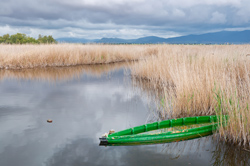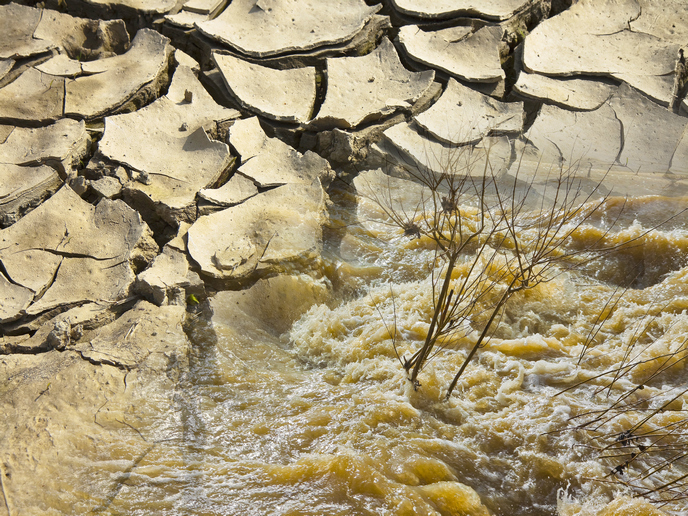Reaching out to river basins overseas
Land erosion and pollution have often plagued Latin America and the Caribbean, but damage induced by man has significantly exacerbated the situation. From flooding and soil degradation to pollution, this large part of the world is in urgent need of know-how and solutions. The EU-funded project 'Twinning European and Latin-American river basins for research enabling sustainable water resources management' (Twinlatin) sought to bring cutting-edge European knowledge to river basins across the Atlantic. The important basins targeted in the region were Baker (Chile-Argentina), Catamayo-Chira (Peru-Ecuador), Cauca (Colombia), Lago de Nicaragua (Nicaragua) and Quarai/Cuareim (Uruguay-Brazil). The project twinned them with the Thames river basin in the United Kingdom and Norrström river basin in Sweden, focusing on the EU 'Water for Life' programme and Water Frame Directive (WFD), among others. Twinlatin worked rigorously to enhance knowledge and management methods for all stakeholders. It facilitated and undertook assessment of climate change effects on water availability and quality of the seven river basins. The project team built a database of challenges and solutions and involved the relevant public in its endeavours. It designed sustainable management strategies and analysed the impact of pollution. The team also classified water bodies and assessed vulnerability of habitats and the environment, considering socioeconomic impacts as well. The project worked closely with stakeholders in different countries and ensured the transfer of research results and knowledge to all players and relevant institutions. This included the management of strengths and weaknesses of the countries of each basin, in addition to proposals and recommendations for improvements. Project efforts represent an integrated management scheme of the water resources, enhancing trans-boundary cooperation and empowering countries involved to develop solutions.







